Governor Bello Matawalle of Zamfara said on Tuesday that no ransom was paid to abductors of the 317 students of Government Girls Secondary School Jangebe in the state to secure their release.
“Kidnappers have released all the girls abducted from the school’s hostel.
“Today, we have received the children who were under captivity since Friday. I initiated a peace accord which yielded a positive result.
“No ransom was paid to anyone. I insisted that we were not going to give anything to any of them,” he said.
Matawalle disclosed that the total number of kidnapped students was 279.
On Friday, police had said 317 girls were abducted in the raid by more than 100 gunmen.
The governor said the students were being taken to a health facility for medical examination.
A spokesman for the government, Mr Sulaiman Tanau Anka said some of the missing girls had run into the bush at the time of the assault, confirming the number of those kidnapped was 279.
Government officials had been in talks with the kidnappers – known as “bandits” – following Nigeria’s third school attack in less than three months.
State Police Commissioner Abutu Yaro attributed their release to a successful government-led peace process.
Parents wept uncontrollably at the sight of their children.
“There was a huge amount of relief for the parents, students and the state government. Authorities told us it was difficult to secure the release.
“It took days of negotiations with what the government calls repentant bandits to bring the girls back. Some of the girls are less than 11 years old,” a parent said.
In a Tweet, President Muhammadu Buhari said he felt “overwhelming joy” over the release of the schoolgirls unharmed.
Heavily armed criminal gangs in northwest and central Nigeria have stepped up attacks in recent years, kidnapping for ransom, raping and pillaging.
The Nigerian military deployed to the area in 2016 and a peace deal with bandits was signed in 2019 but attacks have continued.
In December, more than 300 boys were kidnapped from a school in Kankara, in President Muhammadu Buhari’s home state of Katsina, while he was visiting the region.
The boys were later released but the incident triggered outrage and memories of the kidnappings of 276 schoolgirls by Boko Haram in Chibok that shocked the world.
Many of those girls are still missing.
The gangs are largely driven by financial motives and have no known ideological leanings.
But there are concerns they are being infiltrated by rebel groups.
Kidnapping for ransom in Africa’s most populous country is already a widespread national problem, with businessmen, officials and citizens snatched from the streets by criminals looking for ransom money.
At least $11m was paid to kidnappers between January 2016 and March 2020, according to SB Morgen, a Lagos-based geopolitical research consultancy.












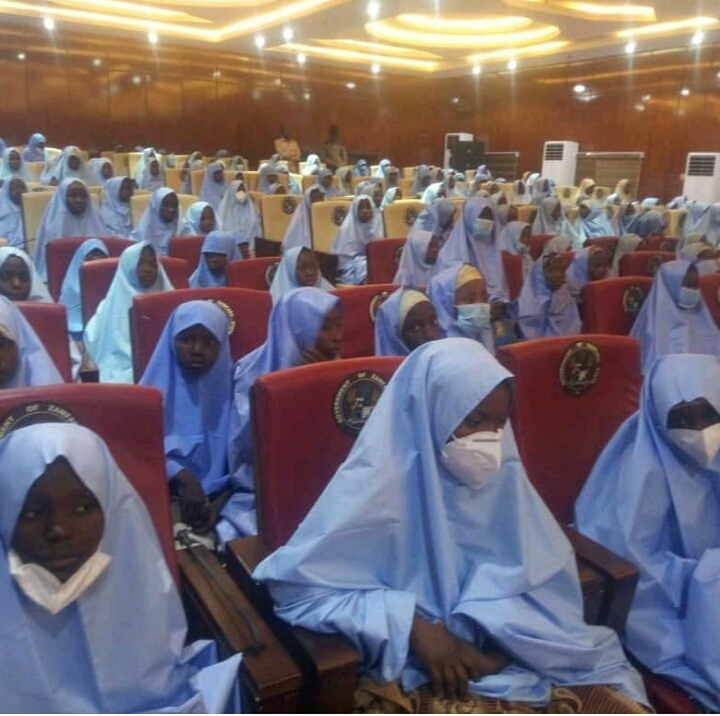

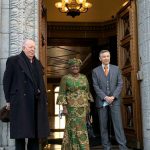





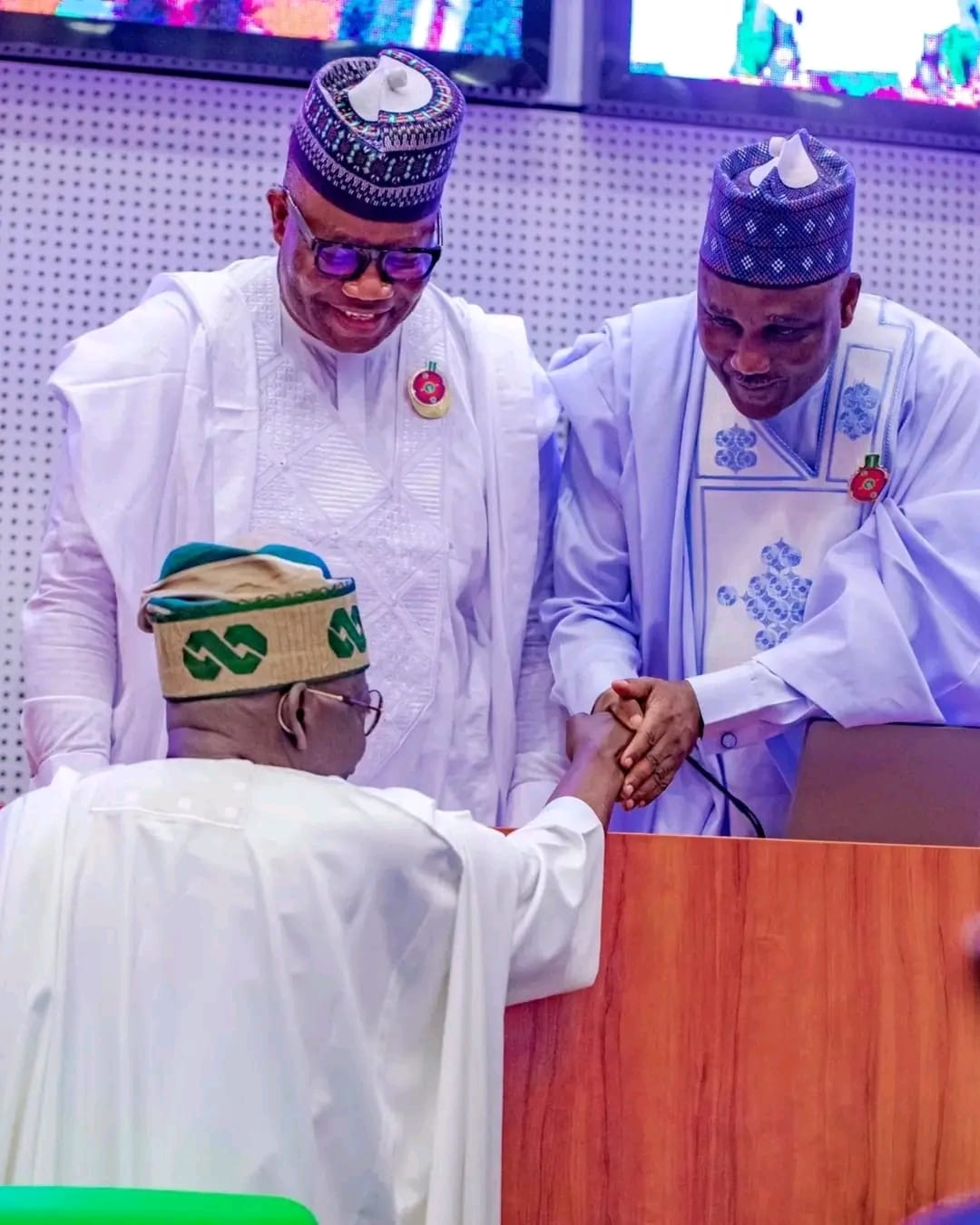
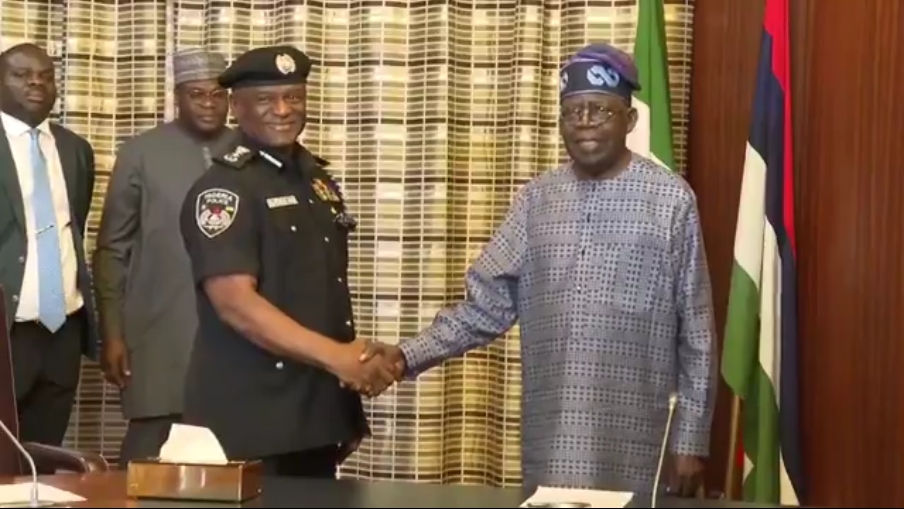
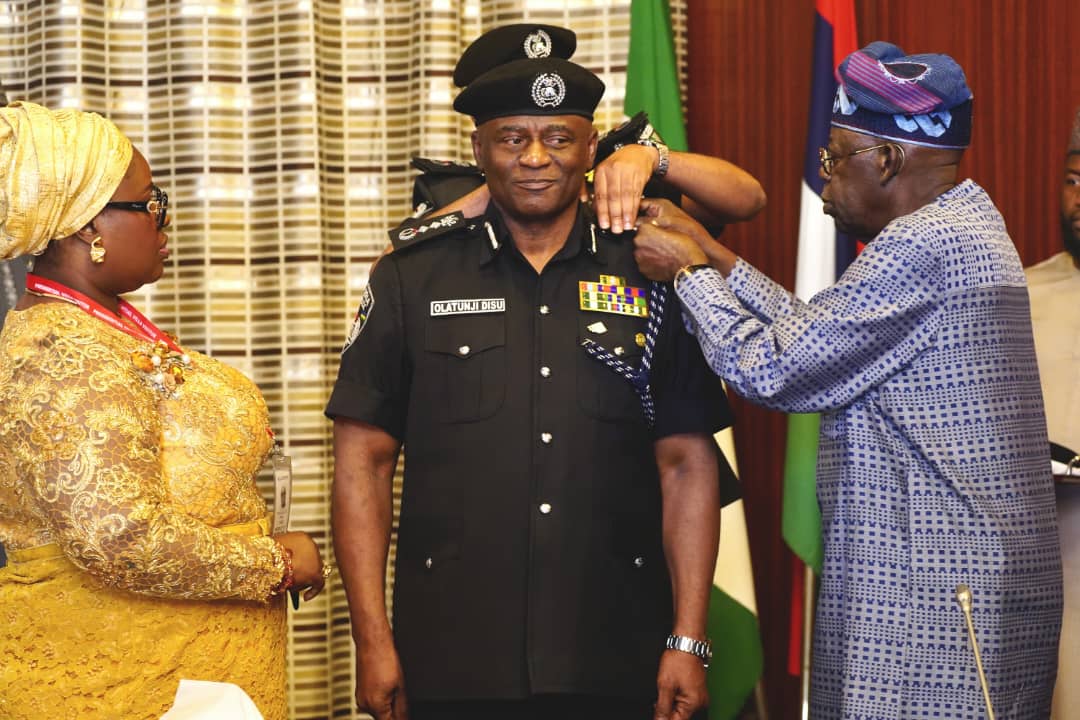
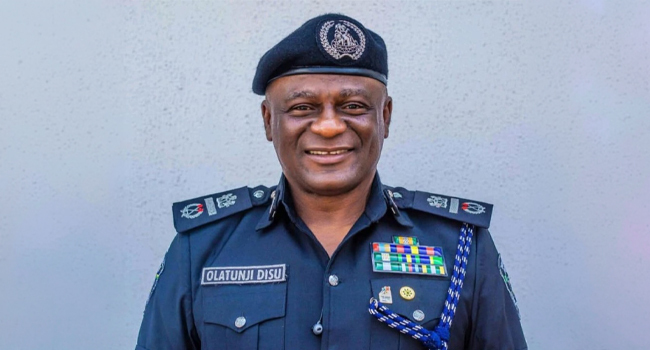
Leave a comment